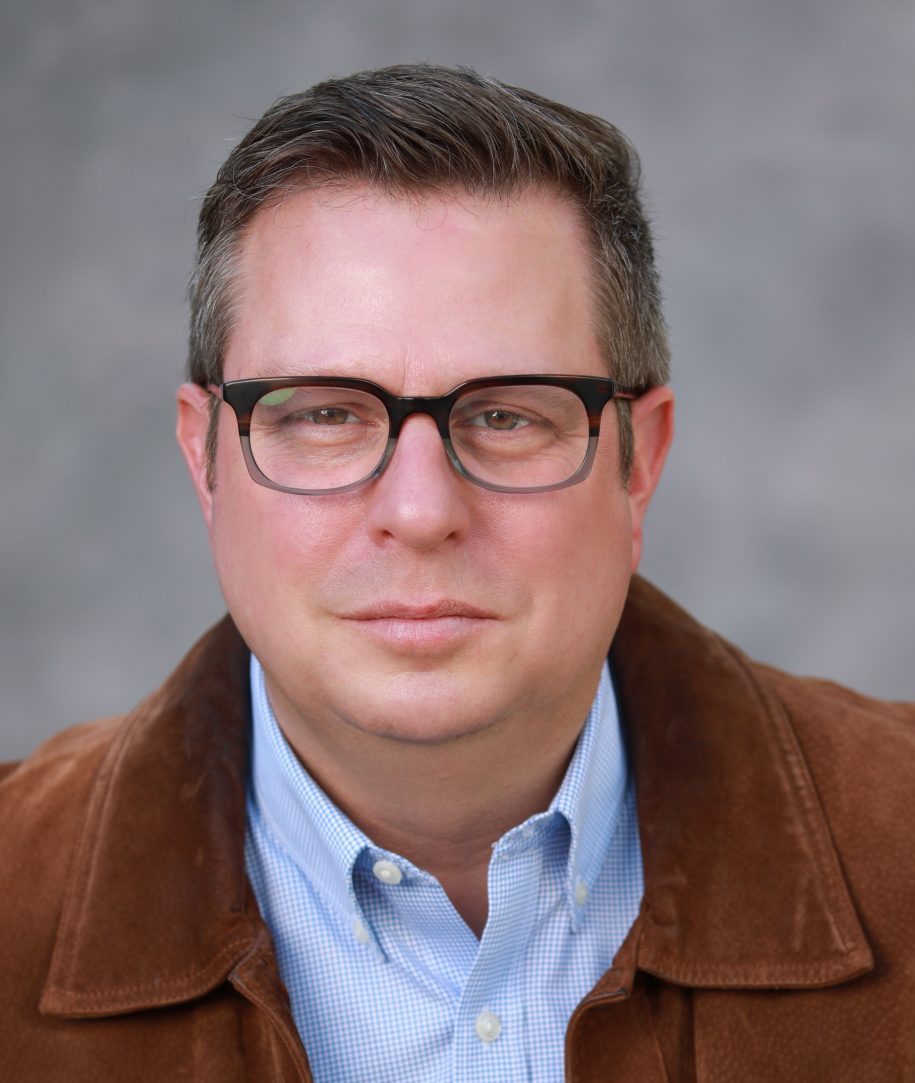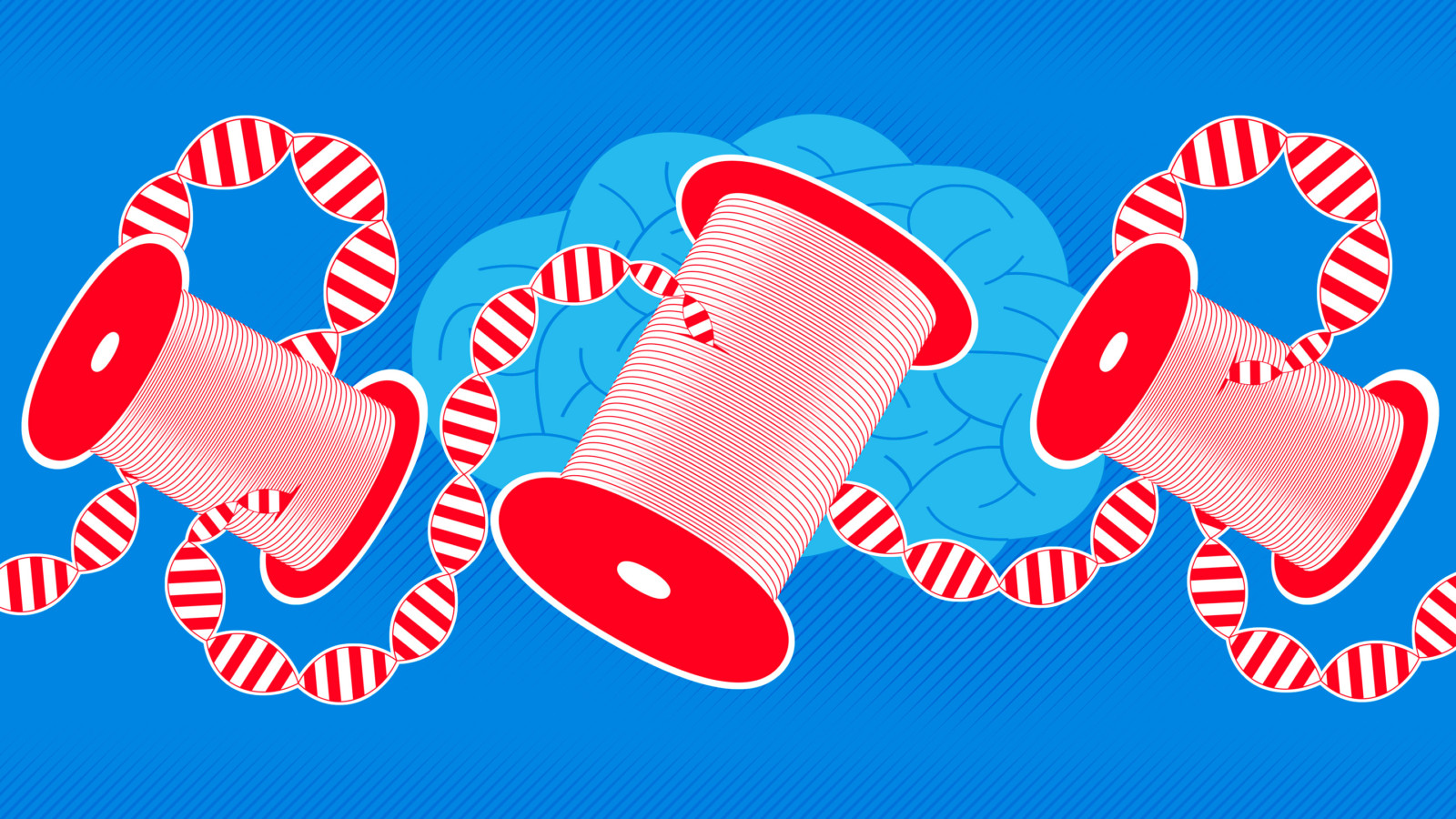After co-founding a nonprofit long-term recovery solution in Los Angeles, I have been reflecting on the changes in the recovery community since opening our doors in July of 2016. Although we’ve seen much about medically assisted treatment (“MAT”), harm reduction modalities and 30/60/90 day clinical treatment modalities to help those seeking recovery in the press, at the same time overdose deaths have skyrocketed to over 93,000 in 2020 – an over 30% increase from years past. MAT, harm reduction and 30/60/90 day treatment make up an overwhelming percentage of what is publicly and privately funded in the U.S. and also what is covered by private insurance.
Over the years, there’s been a lot of progress as it relates to intergenerational and environmental childhood trauma and its effects on genetics that impacts drug and alcohol addiction during active addiction and in recovery. In this NIH (National Institute of Health) article last year about epigenetics it states, “…although each cell type in the human body effectively contains the same genetic information, epigenetic regulatory systems enable the development of different cell types (e.g., skin, liver, or nerve cells) in response to the environment. These epigenetic marks can affect health and even the expression of the traits passed to children. For example, when a person uses cocaine, it can mark the DNA, increasing the production of proteins common in addiction. Increased levels of these altered proteins correspond with drug-seeking behaviors in animals.”
Interwoven with epigenetics, it has additionally been extremely helpful to understand that Adverse Childhood Experiences (“ACE’s”) directly impact both the genetic predisposition to drug and alcohol addiction (substance and alcohol use disorders – “SUD/AUD”) through environmental experiences and can increase the likelihood of developing SUD/AUD through self-medicating with illicit and/or prescription drugs. In fact, the U.S.’s federal agency for SUD/AUD SAMHSA (Substance Abuse and Mental Health Services) found, “When children are exposed to chronic stressful events, their neurodevelopment can be disrupted. As a result, the child’s cognitive functioning and/or ability to cope with negative or disruptive emotions may be impaired. Over time, and often during adolescence, the child may adopt unhealthy coping mechanisms, such as substance use or self-harm. Eventually, these coping mechanisms can contribute to disease, disability, and social problems, as well as premature mortality.” While these issues can seem disturbing, they offer the recovery community hope when it comes to confronting SUD/AUD with new tools to understand the causes and conditions underneath the development of them, as well as how to find a long-term solution.
These advances, paired with my own experience over the last 5 years of running a long-term recovery solution process that’s helped over 120 men seeking a path to lasting recovery from SUD/AUD, and my personal 33-year long-term recovery journey have furthered my belief that the longer someone stays in the same place, doing the same process with the same people, ideally for over a year, the better the long-term outcomes for recovery. This is especially true for people with SUD/AUD who are treatment-resistant, poly-substance addicted and who have co-occurring mental health issues, which more and more is the norm for those seeking a long-term recovery solution. For those people, it takes longer than 90 days to effectively change their deeply embedded thinking, feeling and behavior that have historically led them to relapse and overdose.
Change is the watchword of long-term recovery from AUD/SUD. As illustrated in this guide from UCLA’s ISAP (Integrated Substance Abuse Programs), there are Stages of Change in recovery including pre-contemplation / contemplation / Determination / Action / Maintenance / Recurrence – all of which are designed to motivate change to the next stage in recovery. Ideally, those seeking a long-term recovery solution have reached the action and maintenance stages and are demonstrating through their consistent actions a willingness to change.
When I was newly sober, I heard in my recovery community that it was an unrealistic expectation to believe I could stay sober with the same thinking, feelings and actions that led me to enter recovery. It was imperative that I change everything when I got sober, as all areas of my life were driven by fear-based thinking, feelings and actions in my active addiction. The gift of desperation was so strong in me when I entered recovery and I’m grateful that the grace of my desperation allowed me to miraculously say “yes” to things awakened throughout my journey that I would have otherwise said “no” to in my active addiction and previous attempts to get sober.
Whatever stage of change in your recovery that you’re in, I hope you find the willingness to continue to change in order to begin your journey towards a long-term recovery solution.


